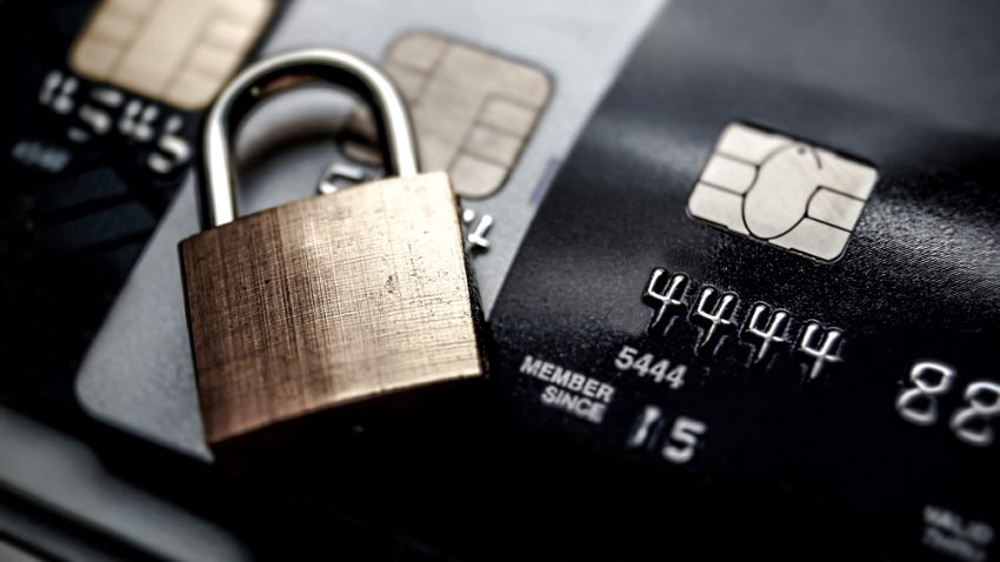5 ways to avoid Financial Fraud



Starting a business is tough enough without falling for various types of frauds. The impact of fraud in any organization can be massive. Not only can it have a significant financial impact, but, depending on the type and severity, it can also destroy an organization.
What is Financial Fraud?
Financial fraud can be broadly defined as an intentional act of deception involving financial transactions for purpose of personal gain. Fraud is a crime and is also a civil law violation. Many fraud cases involve complicated financial transactions conducted by 'white collar criminals' such as business professionals with specialized knowledge and criminal intent.
Types of Financial Fraud
How can you protect yourself from financial scams?
To minimize chances of financial fraud follow these five tips:
1. Limit your exposure:
According to Andrew Stoltmann, a Chicago based securities analyst, Diversification is the single best and fundamental method for avoiding being scammed. Starting a business with low investment is always a better option. It is worth thinking twice before putting more than 5% of one's assets in any single investment.
2. Background Check:
Never make a decision before checking for past censures, pending investigations, or lawsuits and verified legitimate registration. For firms and advisors based in India, check the Securities and Exchange Board of India (SEBI) and Forward Markets Commission (India) (FMC) for more information as a starting point. A simple Google check remains the best method for performing due diligence on brokers.
3. Protect Personal Information:
Your fortune is closely linked to your User IDs, passwords and PIN numbers. This information allows you to access money and assets from your banks and investments. Keep all such information confidential and safe, update your passwords and PIN numbers periodically. Never reveal sensitive financial information to a person or a business you don’t know. Scammers sometimes will email or call you, claiming to be from a retail business, financial institution or government agency and will try to trick you into giving them your financial information such as credit card, bank account number, etc. Remember, your bank, Credit Card Company or any retail business will never ask for your personal information. If you receive a suspicious call or email and are concerned about your account, call the company or bank directly to check on your account status.
4. Protect your PC:
With many transactions now carried out by computer, keeping software and virus protection up to date is important to reduce the risk of being a victim of cybercrime, such as phishing. With the rise of online banking, trading, and transactions, the internet becomes a popular ground for fraudsters to trawl for victims. The Antiphishing Working Group (APWG) provides advice on how to guard against computer phishing and other forms of computer crime. Here are few tips to help you ensure your online security:
5. Monitor your Investments:
Like most things that grow, investments need regular care and attention, especially while starting a business. Achieving your goals means keeping a watchful eye on your Funds and doing what you can to keep them on track. Check your monthly statements carefully, verify any withdrawals made and look for excessive or unauthorized trading in your funds.
